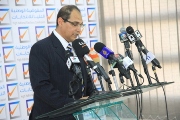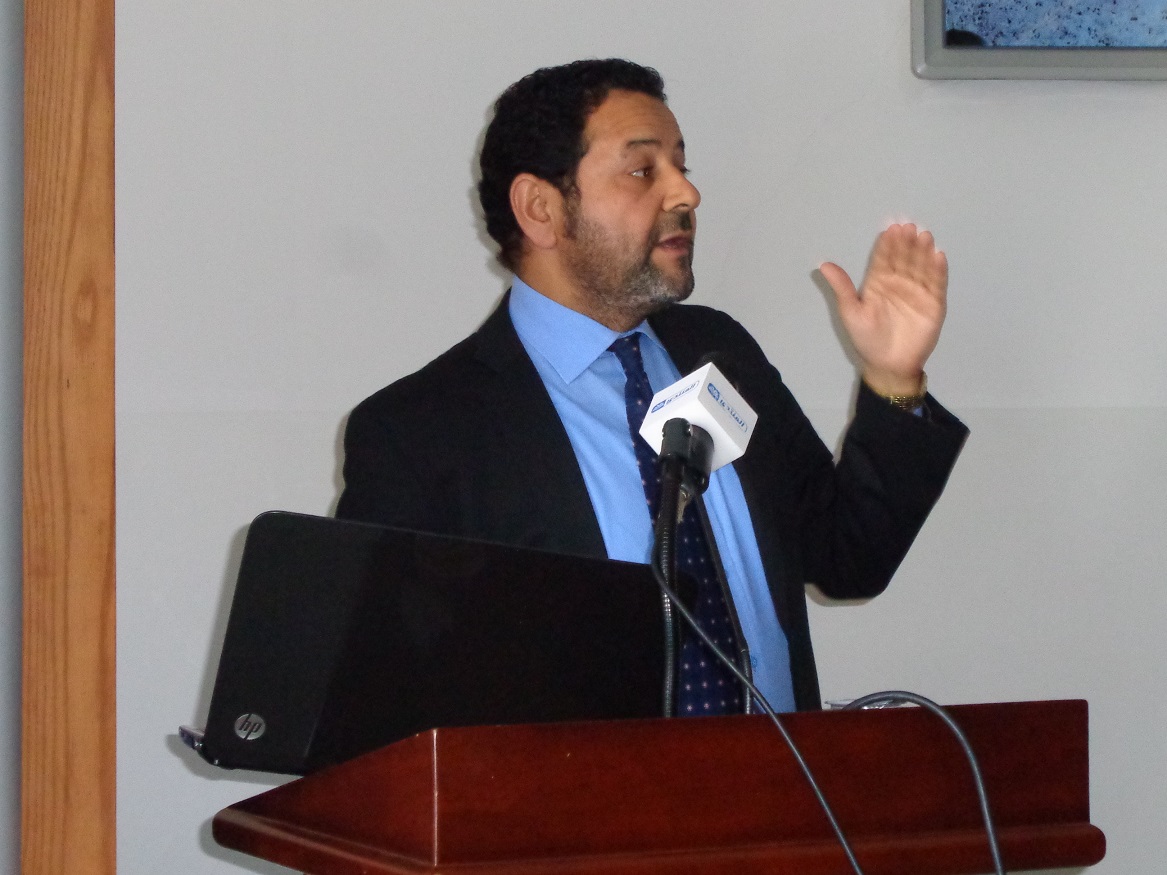By Hadi Fornaji.

Tripoli, 30 January 2014:
The head of the High National Elections Commission (HNEC), Nuri Elabbar, has announced that elections for the . . .[restrict]60-member committee that will draw up Libya’s new constitution will take place on Thursday, 20 February. Overseas voting will take place from 15 to17 February.
The long awaited decision, which has been endorsed by Congress, puts an end to months of uncertainty about when the poll would take place. It has been regularly put back.
It was originally planned that the committee would be appointed by Congress and that it would draft a constitution by some point last year, allowing for it to be approved in a referendum and then elections to take place for a new legislature by next week, 7 February, at the very latest.
The last minute decision by the National Transitional Council, just before the elections to Congress on 7 July 2012 that the Committee should be elected on a regional basis rather than appointed by Congress, delayed the process. Even so, it has been more than another year and a half to get to the point of electing the committee. As late as three months ago, it was being suggested that the elections could take place in November. Then it was suggested it would be December, then January. The slow voter registration and the need to extend registration to ensure that at least a million voters were registered to vote added to the delay.
Just over 1.1 million people registered (compared to 2.9 million for the 2012 Congress elections), and 649 candidates have been approved to stand (681 applied), of which 64 are women, 14 Tebu and 6 Tuareg.
There are 20 seats for each of the country’s historic constituent parts: Tripolitania, Cyrenaica and Fezzan. Six of the seats have been reserved for women (two from each province), and two seats each for the three ethnic minorities, the Amazigh, Tebu and Tuareg. However, with the Amazigh, estimated to account for as much as a fifth of the population, boycotting the elections, there are no Amazigh candidates.
The short lead time to the elections – just three weeks – has already drawn some criticism that it will be difficult for voters to get to know the candidates. However, there are reports that, in a bid to calm anti-government and anti-Congress sentiment, some Congress members and officials at the High National Elections Commission (HNEC) had wanted it even shorter with the elections being held on 17 February, to coincide with the revolution anniversary. [/restrict]









